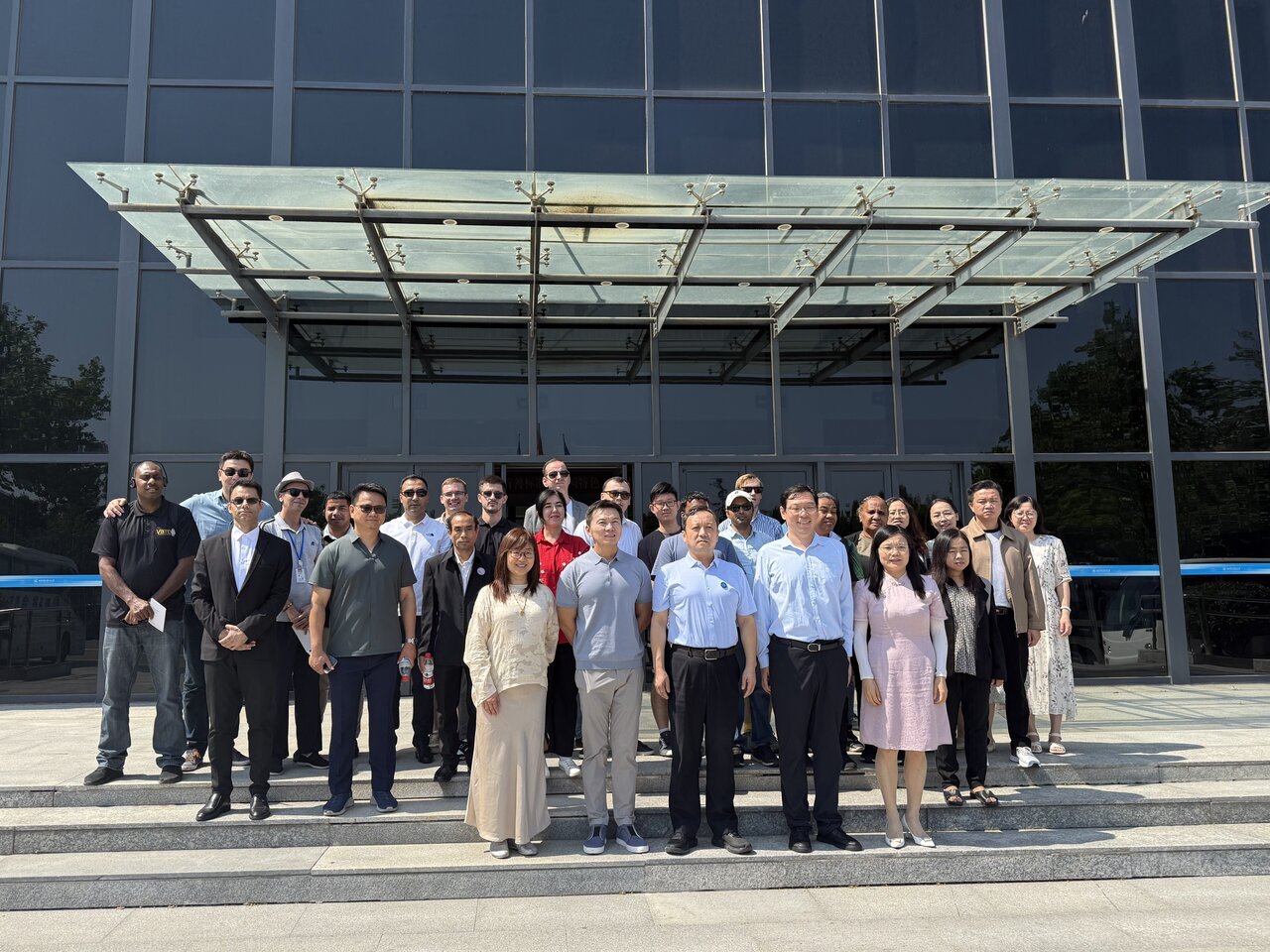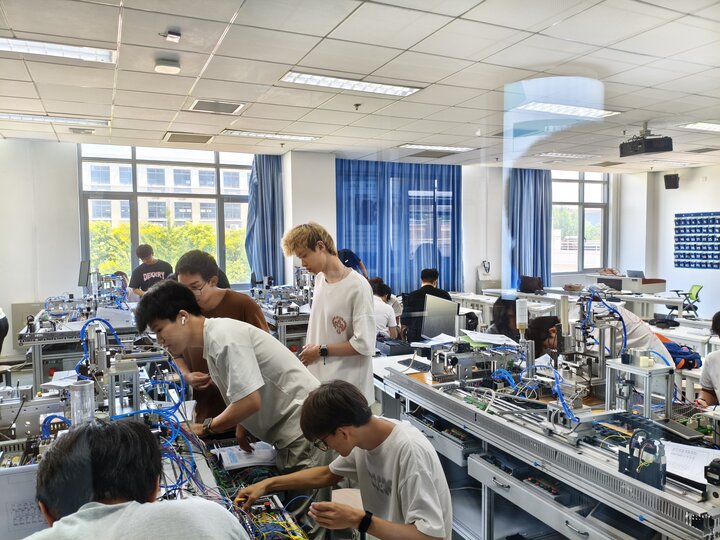Learning to serve humanity: Lessons from Beijing Polytechnic University

BEIJING - As part of a media exchange program organized by the China International Press Communication Center (CIPCC), I had the opportunity to visit Beijing Polytechnic University on Monday, alongside a group of international journalists.
The visit, which aimed to give us deeper insight into China’s development and society, offered more than just a tour of an academic institution—it revealed the values and vision behind China’s investment in education and global cooperation.
Among the highlights of the visit was our tour of the School of Automotive Engineering, a facility equipped with advanced technologies and training systems. What impressed me most was the university’s commitment to practical, hands-on learning, seamlessly integrated with theoretical instruction. Students were not just learning from textbooks—they were actively engaging with real automotive systems and cutting-edge equipment. The level of infrastructure and technological support reflected a significant national investment in future talent.

As I observed the scale of resources being dedicated to training students, a question naturally came to mind—one that I posed to Chen Jiangfeng, Vice President of Beijing Polytechnic University, who was guiding our visit.
I asked how the university ensures that these well-trained students remain in China after graduation, rather than moving abroad for work. In other words, how does China address the issue of brain drain, especially given the immense investment in cultivating its young professionals?
Chen’s response was both profound and revealing. “Wherever they go, they will serve humanity. It doesn’t matter whether it is in China or elsewhere.”
It was a powerful and unexpected answer—one that challenged the commonly held notion that national investment in talent must result in national benefit. Chen elaborated further, explaining that “Beijing Polytechnic University is not only for Chinese students; we also actively welcome international students to study in our university, encourage them to go back to their countries after graduation and make contributions together to the development of human civilization.”
This philosophy, he added, is deeply rooted in President Xi Jinping’s vision of building a “community with a shared future for mankind.” In this vision, knowledge and innovation are global goods—meant to uplift societies wherever they are applied.
Listening to Chen, I realized that the classrooms and laboratories we had visited were not only shaping China’s next generation of engineers and scientists—they were also part of a broader mission to serve humanity through knowledge, cooperation, and shared growth.
The CIPCC program gave me an opportunity to see beyond the headlines and experience the deeper layers of China’s development. My visit to Beijing Polytechnic University was not just an academic tour—it was a window into a country that is investing boldly in education, but with an eye on the world, not just itself.
In an era when many nations are turning inward, China’s message was clear: true progress lies in nurturing talent—not to keep it, but for shared growth.
Leave a Comment